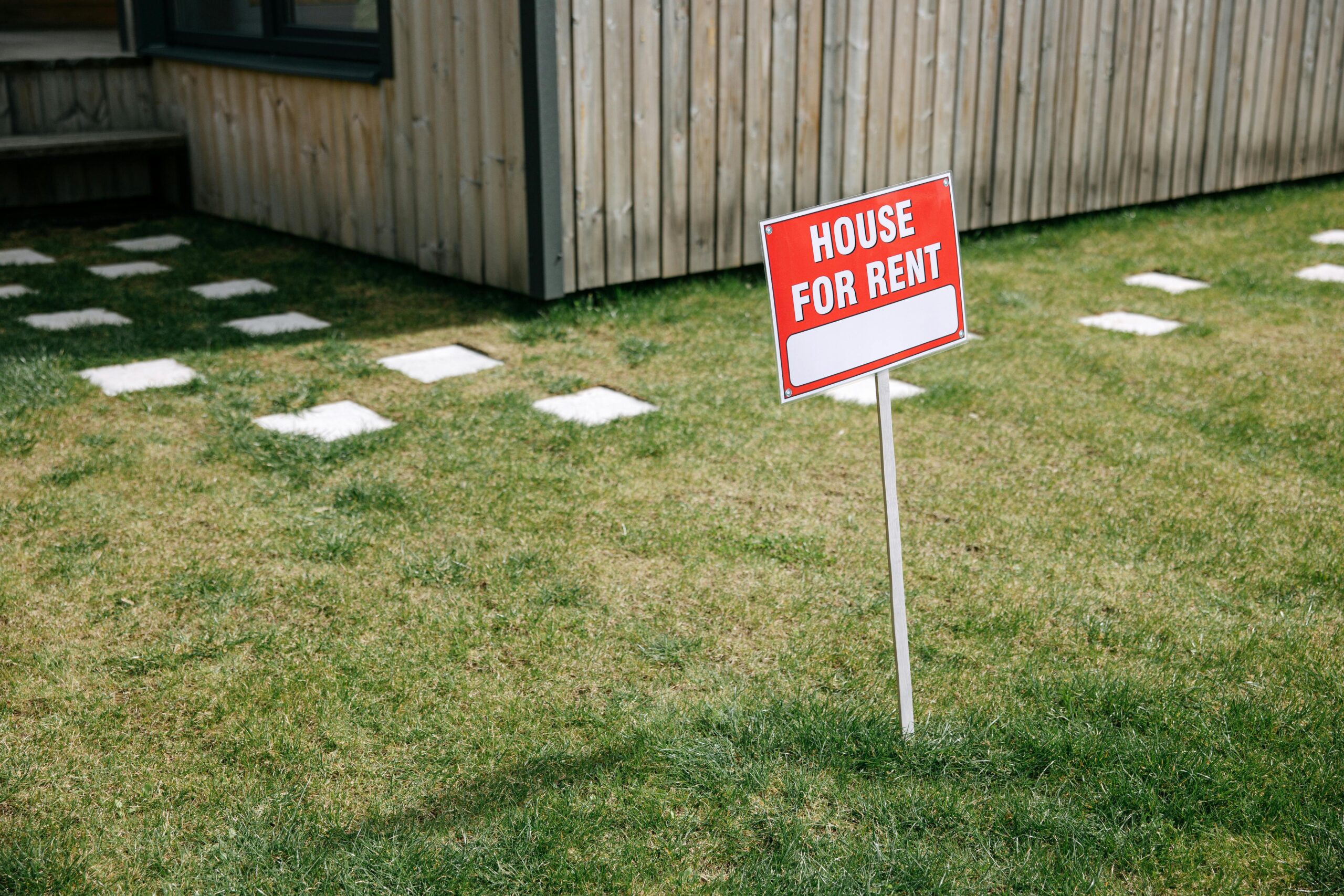
Key Highlights:
Termination Notices:
• Reinstatement of 90-day no-cause terminations for periodic tenancies.
• Notice period for landlords to terminate periodic tenancies is reduced from 63 days to 42 days for specific grounds.
• Landlords can end fixed-term tenancies at the term’s conclusion without a reason.
• Tenants must now provide 21 days’ notice to end a periodic tenancy, down from 28 days.
Pets in Rental Properties:
• Landlords can require a pet bond up to two weeks’ rent.
• Tenants may keep pets only with landlord consent or if allowed in the tenancy agreement.
• Landlords must provide written responses to pet requests within 21 days, stating approval or refusal with reasonable grounds.
• Tenants are liable for damages caused by pets beyond normal wear and tear.
• New unlawful acts and infringement offences are introduced to ensure compliance with pet-related rules.
Other Changes:
• Smoking prohibitions in tenancy agreements are clarified as enforceable.
• Online lodging of tenancy bonds is facilitated.
• Provisions for tenants to withdraw due to family violence are included.
• Some Tenancy Tribunal decisions may be made on paper submissions
Additional Information:
• Amendments will generally apply to all tenancies regardless of when they commence, with some exceptions for existing pets.
• All changes must be enacted within two years after receiving Royal assent to allow for necessary IT adjustments and market information dissemination.
These updates aim to enhance clarity and efficiency within the rental market, addressing both landlord and tenant rights.
Source from reinz.co.nz: https://www.reinz.co.nz/Web/Web/News/News-Articles/News-Industry/Changes-to-the-Residential-Tenancies-Act-1986.aspx?name=Changes-to-the-Residential-Tenancies-Act-1986&WebsiteKey=dd7eba17-f0f0-4bba-a604-1a59406b0fb0
The opinions and research contained in this article are provided for information purposes only, are intended to be general in nature, and do not take into account your financial situation or goals.




